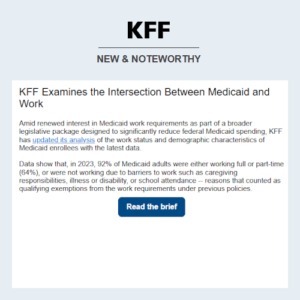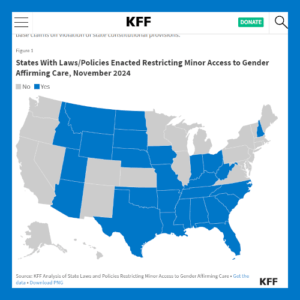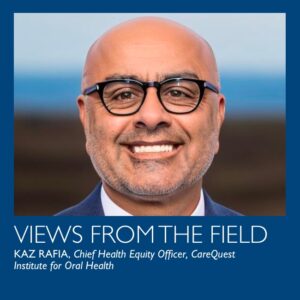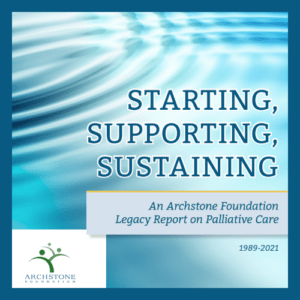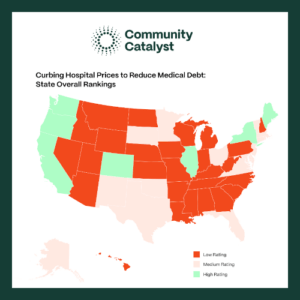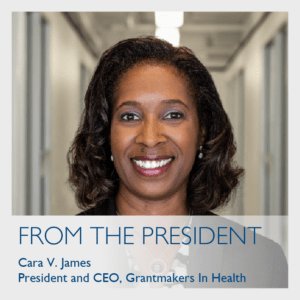Upcoming Events
Past Events
Featured Resources
Data Show That The Majority of Adult Medicaid Enrollees are Working
Amid renewed interest in Medicaid work requirements as part of a broader legislative package designed to significantly reduce federal Medicaid spending, KFF has updated its analysis of the work status and demographic characteristics of Medicaid enrollees with the latest data.
Youth Access to Gender Affirming Care at the Supreme Court: What to Know
Ahead of December 4 arguments in a Supreme Court case (U.S. v. Skrmetti) challenging the constitutionality of Tennessee restrictions for gender affirming care for minors, KFF explores the background of the case and potential rulings.
Explore Access and Quality Topics
Latest Resources
Blue Cross Blue Shield of Massachusetts Foundation: April 2025
The Blue Cross Blue Shield of Massachusetts Foundation released a chart pack that describes the potential threats to subsidized health insurance coverage and financing in Massachusetts under the new federal administration.
Episcopal Health Foundation: March 2025
Almost two thirds of Texans say they skipped or postponed some form of health care in the past year because of cost, while major health concerns like diabetes and obesity continue to grow. Those are just a few of the results from the annual Episcopal Health Foundation (EHF) statewide poll on health care access and affordability in Texas.
Data Show That The Majority of Adult Medicaid Enrollees are Working
Amid renewed interest in Medicaid work requirements as part of a broader legislative package designed to significantly reduce federal Medicaid spending, KFF has updated its analysis of the work status and demographic characteristics of Medicaid enrollees with the latest data.
Medicaid Managed Care Contracts are a Powerful Tool for Change; Philanthropy has a Role to Play
As a foundation, the mission of the United Methodist Health Ministry Fund is to improve the health of all Kansans. Our success, in large measure, depends on investments we make in advancing positive policy and systems changes that affect the state and communities. So, with large numbers of the state’s most vulnerable people relying on Medicaid for health coverage and care, we focus on leveraging the opportunities this program offers to sustain improved health outcomes and make progress on health equity.
Publications and Reports
Implementing Health Care Reform: Funders and Advocates Respond to the Challenge
With provisions in the Patient Protection and Affordable Care Act set to take effect over the next four years, grantmakers and advocacy groups have been developing activities to address the early stages of health care reform implementation. This report is based on over 40 interviews with national and state grantmakers and advocacy organizations about their initial work around implementation.
Comparative Effectiveness Research: Informing Decisions and Improving Quality
Comparative effectiveness research (CER) is the study of methods to “prevent, diagnose, treat, and monitor a clinical condition or to improve the delivery of care” (IOM 2009). Its purpose is to assist consumers, clinicians, purchasers, and policymakers in making informed decisions that will improve health care at both the individual and population levels (IOM 2009).
Improving Diversity in the Health Professions
Why do many disadvantaged groups in the United States, including people of color and low-income populations, still lack reliable access to highquality, affordable health care? Why are these groups also among the most affected by persistent and ever-widening disparities in health and health care?

